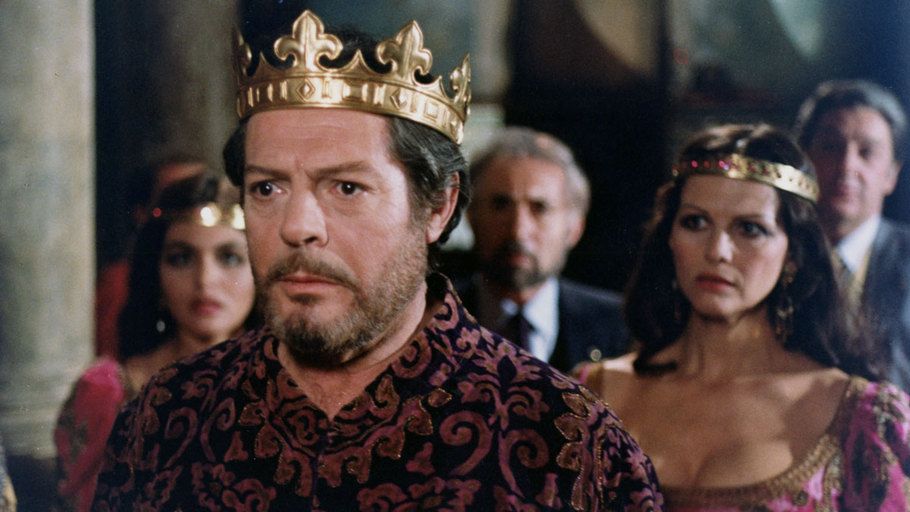Marco Bellocchio’s predilection for theatrical and literary sources, from Chekhov to Shakespeare, from Pascoli to von Kleist, from Aeschylus to Manzoni, from Dante to Dostoevsky, could not escape the direct and indirect reference to the Pirandello model. In Henry IV, The Nurse and The Man with the Flower in his Mouth, the origin declared by Pirandello’s works offers the opportunity to claim, if possible, greater freedom. Bellocchio can therefore afford to “misadapt” the texts of the Sicilian writer and playwright to speak better and willingly about something else. The more he resorts to Pirandello, the more Bellocchio makes the plots his own, changing dialogues, places and circumstances. The perhaps unconscious aim is to recount the “act of madness” that took place during the kidnapping and murder of President Moro, declared “crazy” by the authorities who did not want to deal with the terrorist kidnappers. Instead of Six Characters in Search of an Author, Bellocchio therefore prefers Henry IV, in order to be able to tell in his own way the story of a fake “madman,” locked up like Moro, whose sanity and clarity of reasoning are not known or recognised. The “performance of history” by this new Enrico, very Bellocchio-esque and not very Pirandellian, imposes the challenge launched on friends, employees and relatives, forced to perform his permanent show for decades. It is the tragic revenge of a historically defeated man, betrayed by the people close to him, frustrated in the impossible love and in the romantic ideal of a happy ride where he dreams of a better past, an alternative to the present. The author of Fists in the Pocket has a predilection for themes such as mental disorder, imprisonment and the family environment. But if in the severe parable of Henry IV he draws on Pirandello’s repertoire it is to be able to rewrite it as he wants. Bellocchio does not serve Pirandello but uses Pirandello, that is, leading the spectators to witness, as in the theater, a replica, on the screen, of things that really happened in the Italian historical-political context of those years. Long before Buongiorno, notte and Esterno notte, with the surprise move of Henry IV, Bellocchio cuts many dialogues from Pirandello’s much spoken opera and secretly deals with the circumstantial trail of Moro’s unsustainable “madness.” Italian history is in itself very Pirandello-esque, and therefore Bellocchio-esque. — Anton Giulio Mancino

Henry IV
1984, Italy, 95m, DCP
Showtimes & Tickets
Screened May 19–20, 2024
Part of the program
A film by Marco Bellocchio